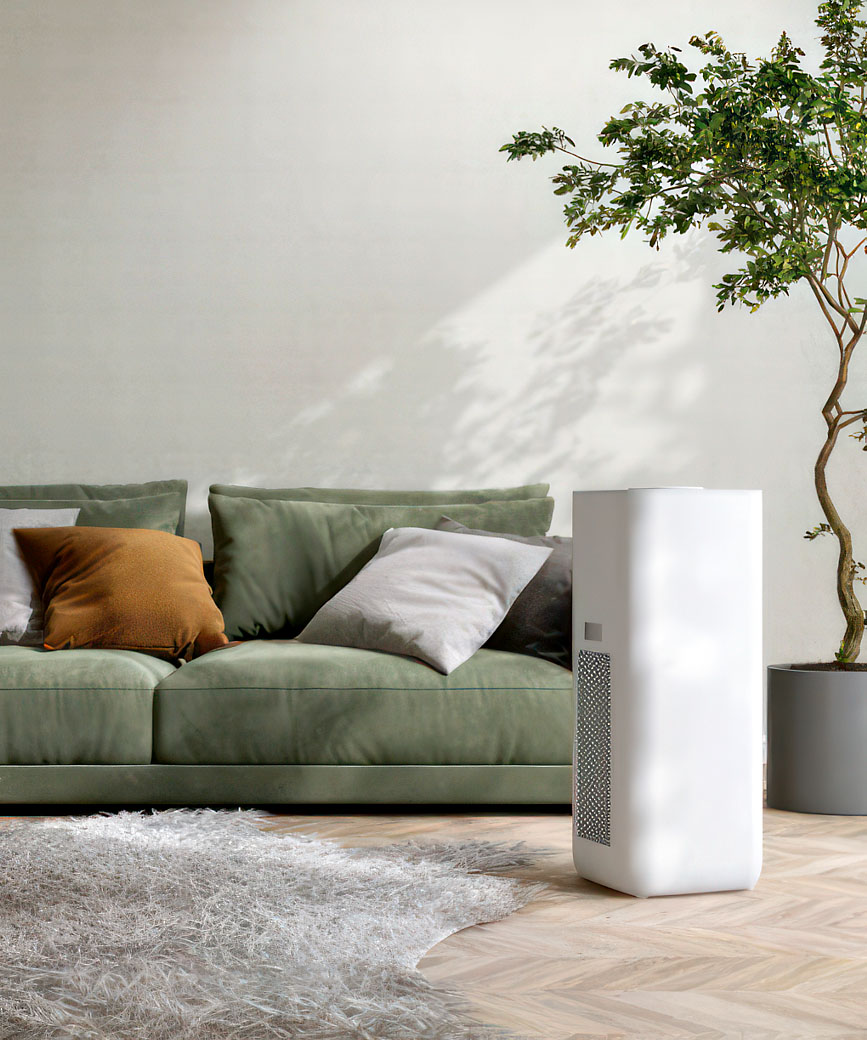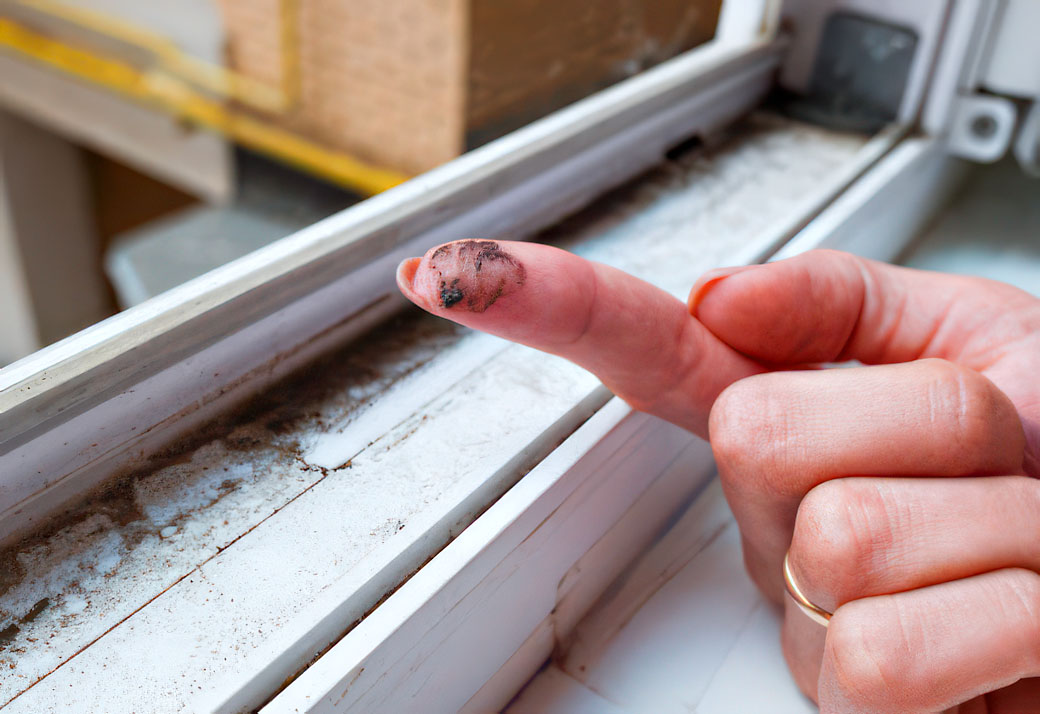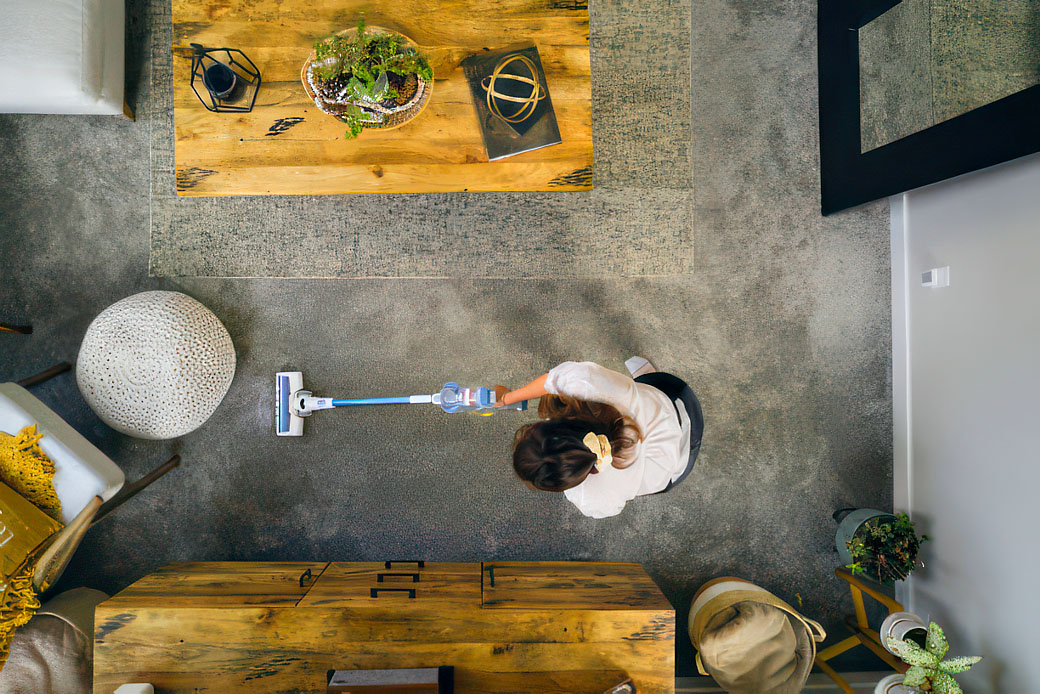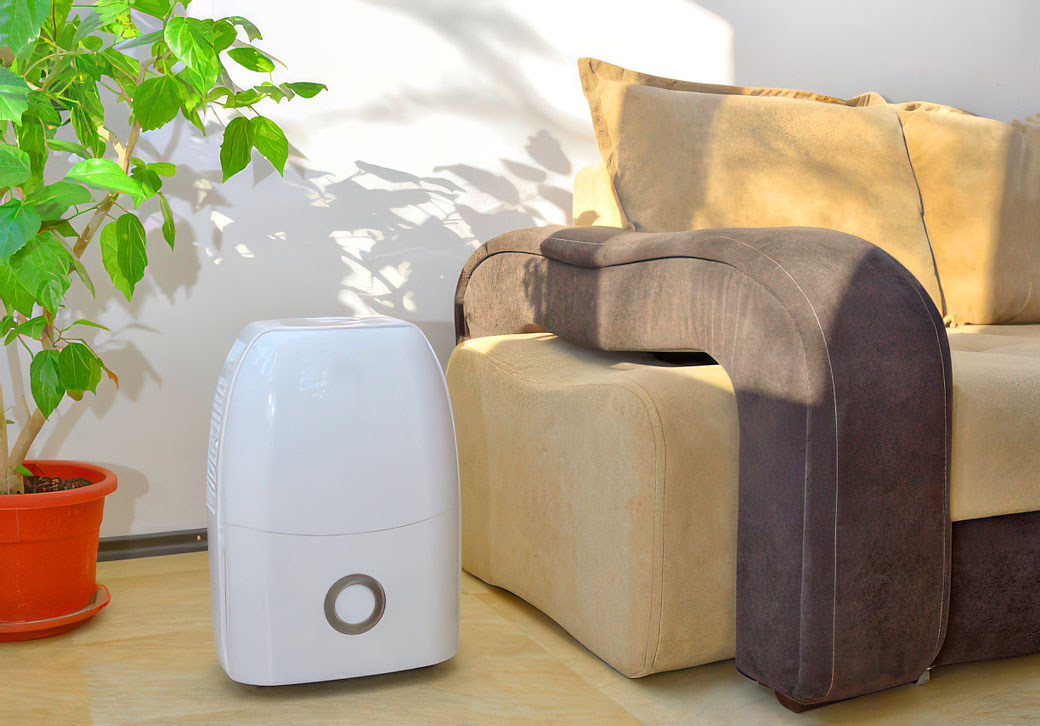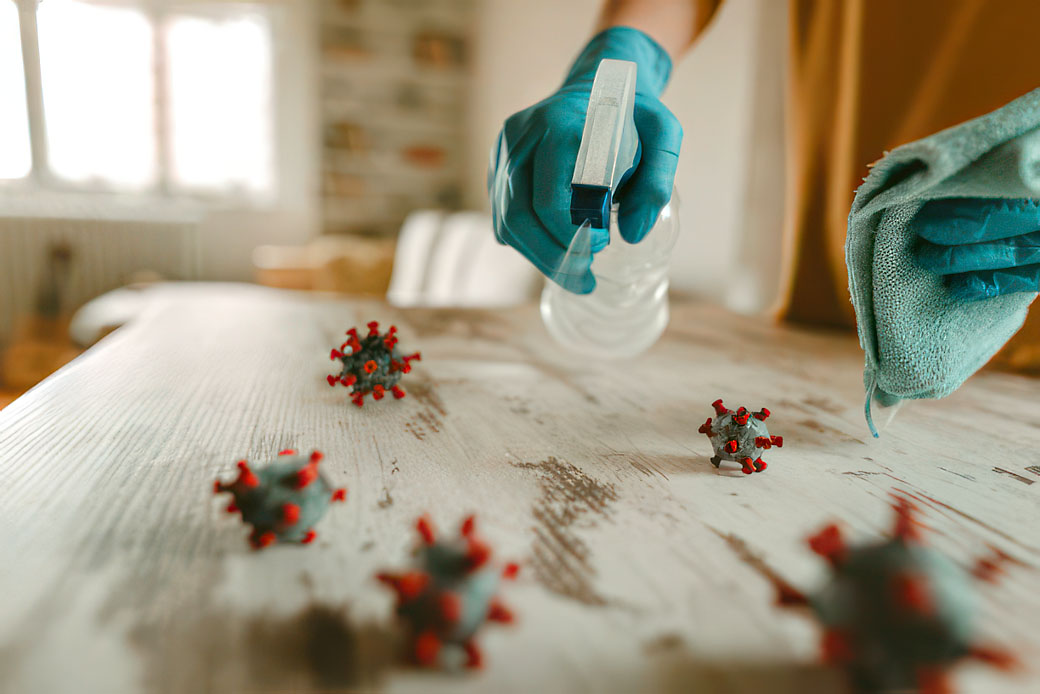
The Germ-Free Home: Expert Strategies for a Healthier Haven
A germ-free home is not just a cleaner home but also a healthier one. By minimizing the presence of germs, you can reduce the risk of infections and illnesses, creating a safer environment for you and your family. Here are some expert strategies to help you achieve a germ-free home.
Understanding Germs
Germs are microscopic organisms that can cause disease. They include bacteria, viruses, fungi, and protozoa. While not all germs are harmful, some can lead to illnesses such as the flu, colds, and gastrointestinal infections.
Strategies for a Germ-Free Home
1. Hand Hygiene
One of the most effective ways to prevent the spread of germs is through proper hand hygiene. Wash your hands regularly with soap and water for at least 20 seconds, especially before eating, after using the bathroom, and after touching surfaces in public places.
2. Surface Disinfection
Regularly disinfect frequently touched surfaces such as doorknobs, light switches, countertops, and electronics. Use an EPA-approved disinfectant and follow the manufacturer's instructions for effective germ removal.
3. Air Purification
Invest in an air purifier with a HEPA filter to remove airborne germs and allergens. Keep windows closed during high pollen or pollution seasons and use air purifiers to maintain clean indoor air.
4. Laundry Practices
Wash bedding, towels, and clothing regularly in hot water to kill germs. Use a dryer on high heat to further eliminate germs. Avoid shaking dirty laundry to prevent the spread of germs through the air.
5. Personal Hygiene Items
Do not share personal items such as toothbrushes, razors, or towels, as this can spread germs. Wash these items regularly and store them in a clean, dry place.
6. Kitchen Hygiene
Practice good food hygiene by washing your hands before and after handling food, cooking food thoroughly, and storing food properly. Clean and disinfect kitchen surfaces, utensils, and cutting boards regularly.
7. Bathroom Hygiene
Keep your bathroom clean and dry to prevent the growth of mold and mildew. Use a disinfectant cleaner to clean toilet seats, handles, and faucets regularly.
8. Pet Care
Keep your pets clean and groomed to reduce the spread of germs. Wash pet bedding regularly and clean up after your pets promptly.
9. Shoe Removal
Encourage family members and guests to remove their shoes before entering your home to prevent the tracking of germs from outside. Provide a designated area for shoes near the entrance.
10. Regular Cleaning Schedule
Establish a regular cleaning schedule to maintain a germ-free home. Focus on high-touch surfaces and areas prone to germs, such as bathrooms and kitchens.
Conclusion
By following these expert strategies, you can create a germ-free home that promotes a healthier living environment for you and your family. Consistency is key, so make these practices a part of your daily routine to enjoy the benefits of a cleaner, healthier home.
Trending Articles

